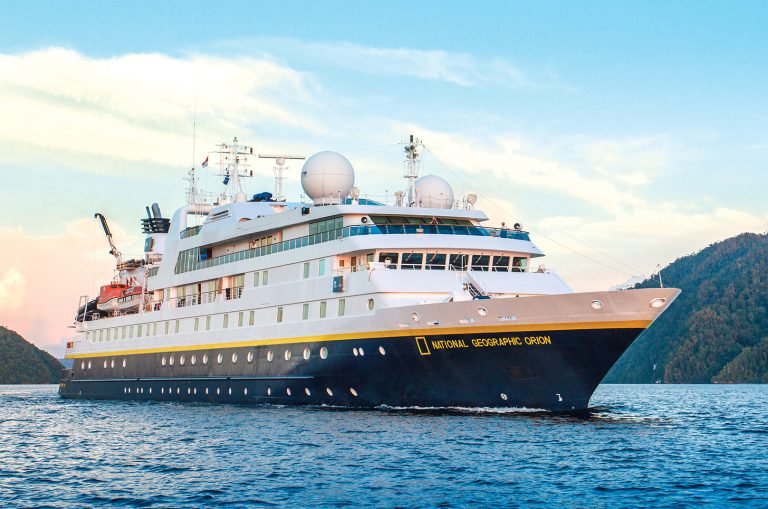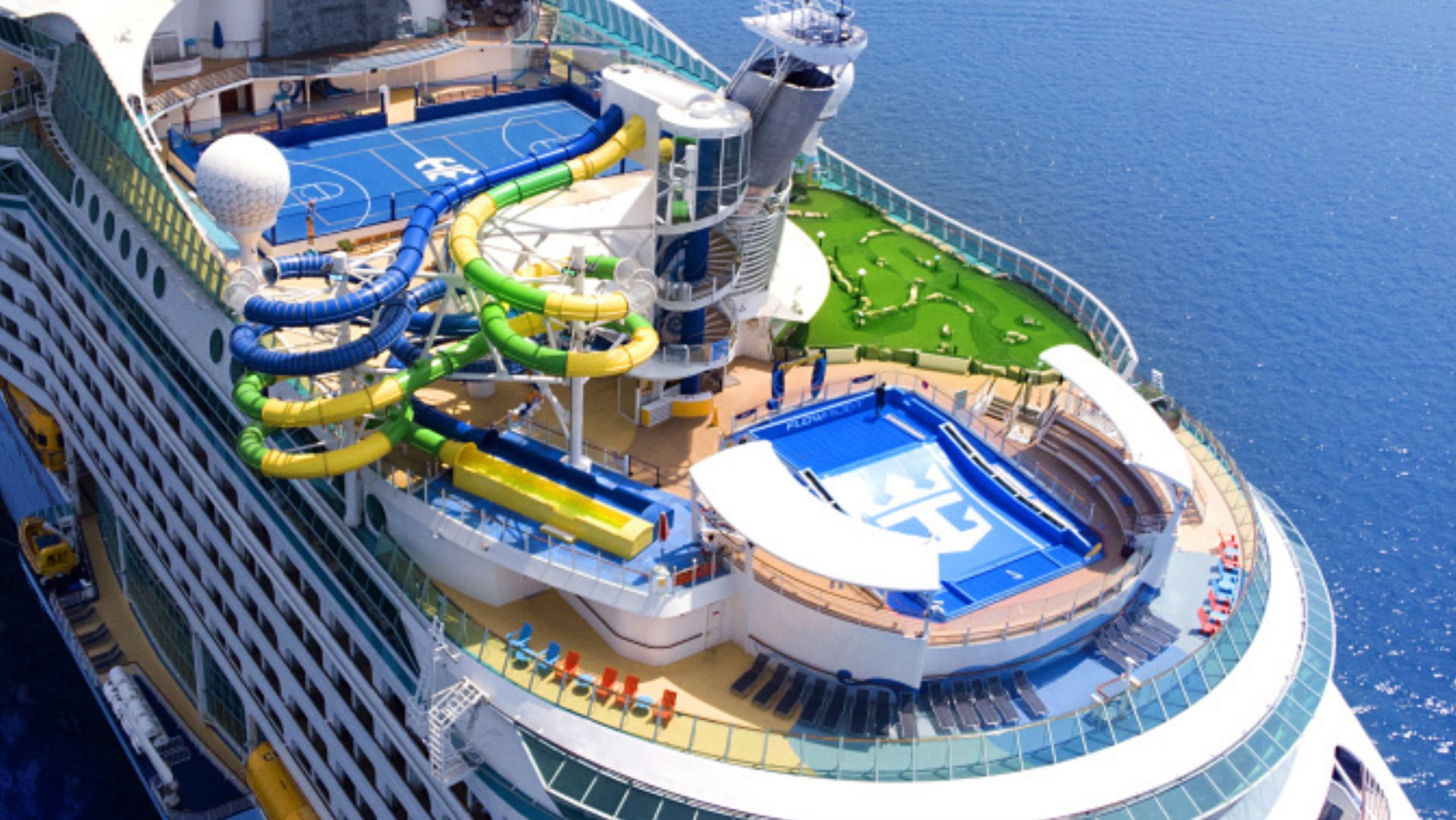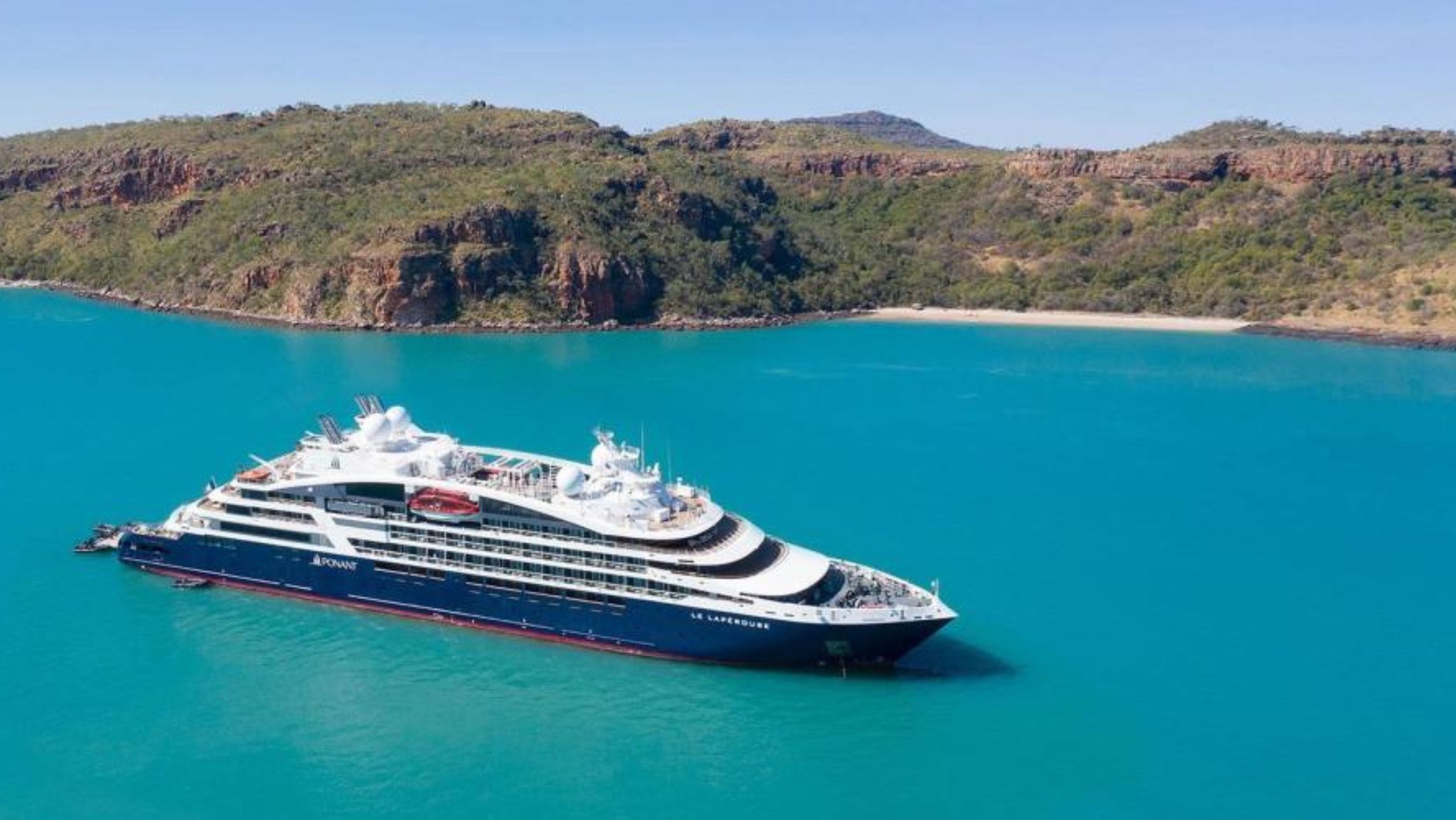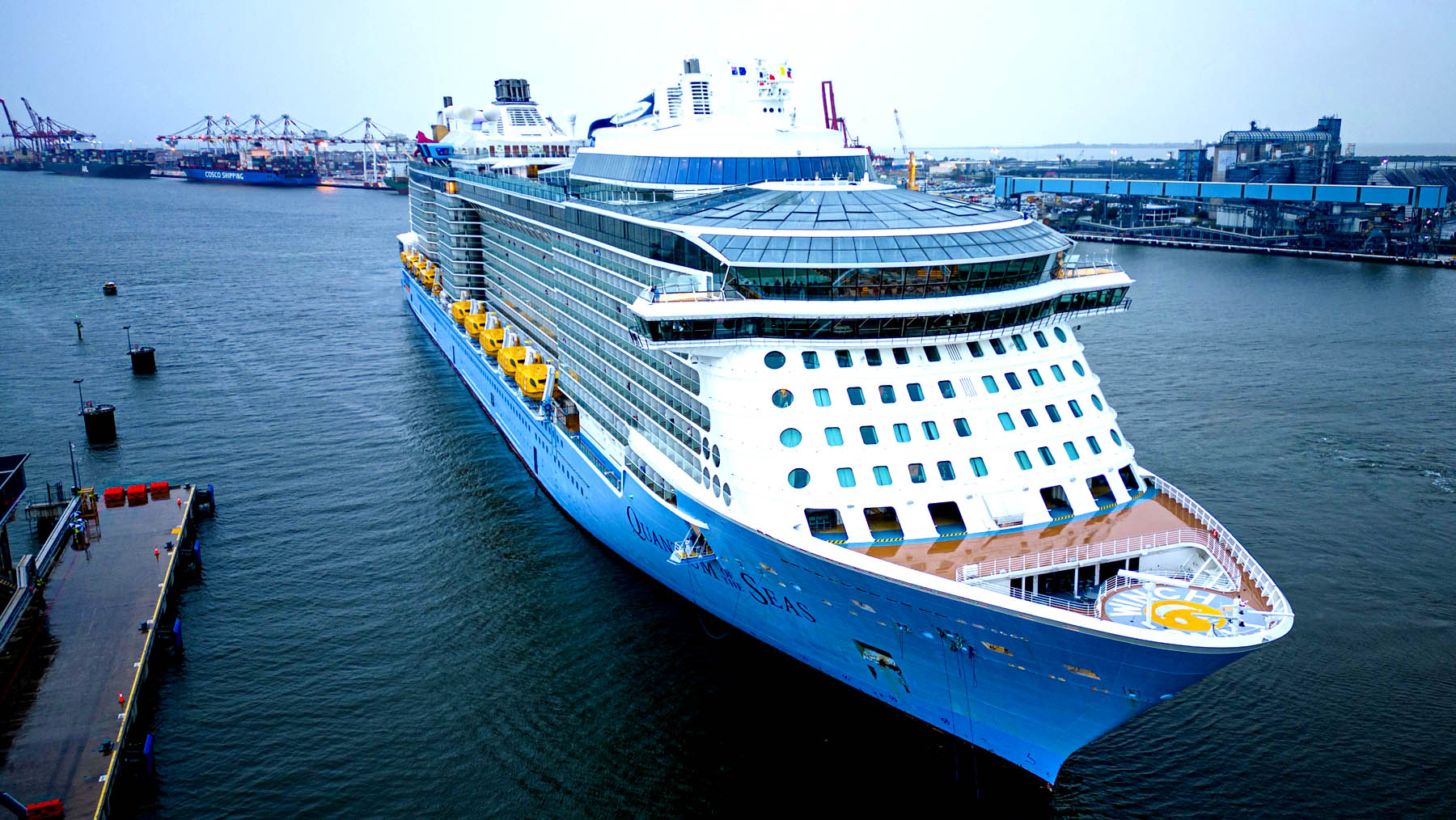With the Kimberley season just weeks away, two major vessels have still to receive the necessary permits to sail the itineraries they have been selling, according to sources in the pristine wilderness destination.
Hundreds of suites and cabins are up for sale on Lindblad Expeditions’ National Geographic Orion and APT’s luxury small ship Caledonian Sky. But a spokesperson for the Western Australian Department of Infrastructure, Transport, Regional Development, Communications, and the Arts confirmed it is currently considering “one application regarding the movement of passengers in the North West region of Australia using the Caledonian Sky.”
Caledonian Sky is scheduled to start sailing in the Kimberley on May 9, with 15 voyages set to run throughout the season.
Lindblad Expeditions are yet to submit an application for National Geographic Orion. The vessel is scheduled to begin sailing in the region on July 9, with four sailings scheduled in total.
The Department pointed Cruise Passenger toward the public record of ships that have applied for permissions to sail in the North West region under The Coastal Trading Act.
APT said they are still confident of their season going ahead.
A spokesperson from the APT Travel Group said: “APT has operated the MS Caledonian Sky for many years in the Kimberley with great success. We have worked with, and continue to work with state and federal governments to ensure our operation is successful, and we comply with all required rules and legislations.
“The coming season is no different, APT has again been working closely with state and federal governments to ensure our Kimberley cruising with MS Caledonian Sky can operate. We are confident our 2023 season will again be a success.”
Lindblad Expeditions have been contacted for comment.
The regulations in question do not apply to vessels like Scenic Eclipse II, Silversea’s fleet of two, and those from Coral Expeditions. Those affected are foreign-flagged and under 5,000 tonnes.
The spokesperson for The Department of Infrastructure, Transport, Regional Development, Communications and the Arts explained the process: “Cruise vessels that satisfy certain specifications may be exempt from the Act under a Section 11 exemption and do not require a temporary license to operate.
“Vessels that do not satisfy the specifications and which are carrying passengers or cargo between ports in Australia are required to apply for a license.”
A key one of these specifications is the ships 5000 tonnes or above are exempt from needing the temporary license, but those less than 5000 tonnes, such as Caledonian Sky and National Geographic Orion are required to obtain the license.
The spokesperson also outlined: “General license holders and other interested third parties are notified and have an opportunity to respond before a license is granted.”
This means that when foreign-flagged vessels apply for sailing in the region, Australian operators are able to object to their application on certain grounds. For example, the grounds that Australian operators still have passenger capacity, which is the current issue due to the influx of foreign ships in the region over the upcoming season.
A range of Australian operators with Australian-flagged vessels have general licenses that give them permission to sail in the Kimberley this year and next year. Whereas foreign-flagged vessels under 5000 tonnes generally sell ahead of time, despite not having confirmation of receiving the temporary license ahead of time.
Island Escape, a ship from now-defunct New Zealand company Island Cruises, attempted to sail in the region without a license, a contributing factor to the detaining of the ship, which was eventually seized for bankruptcy.









